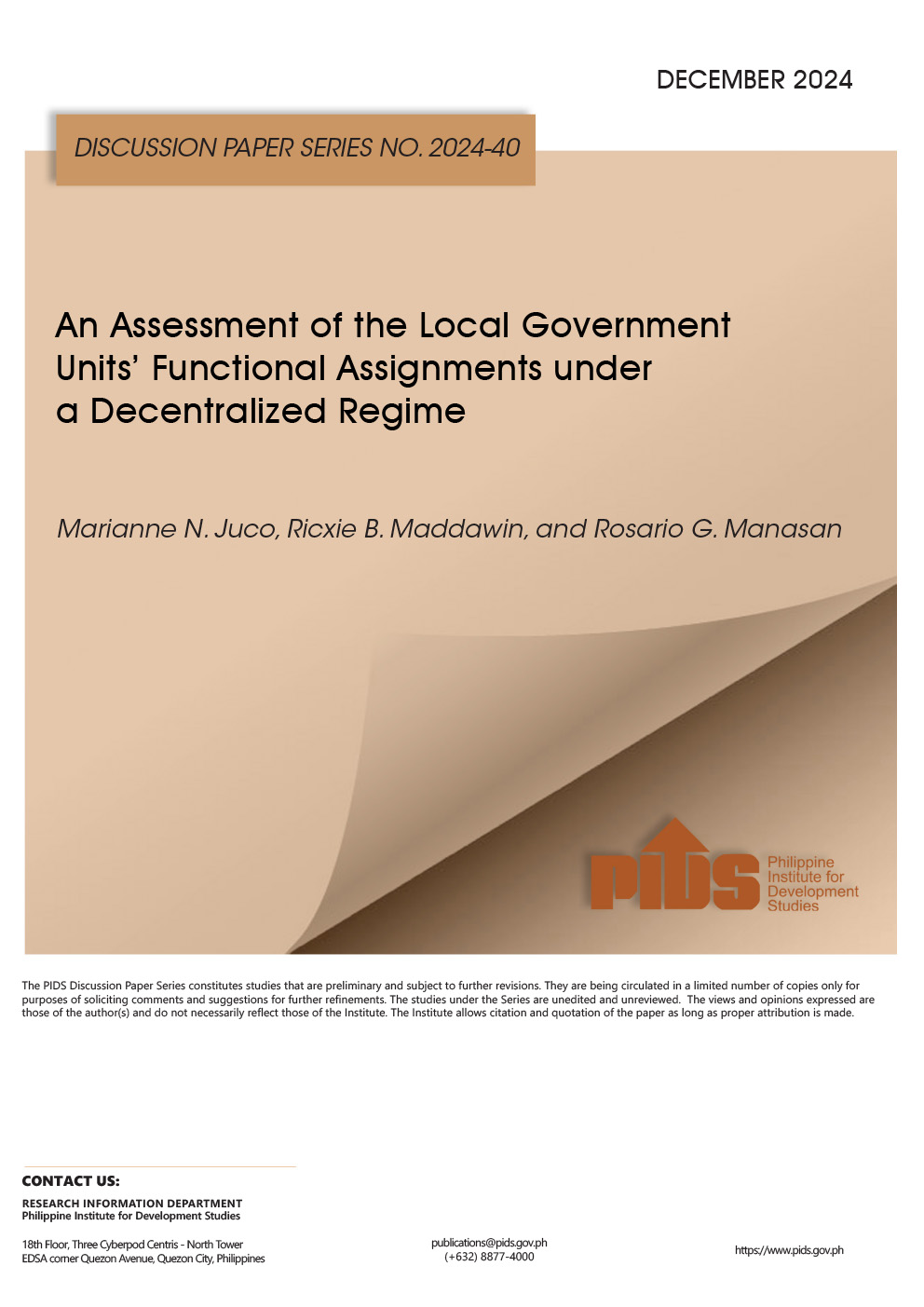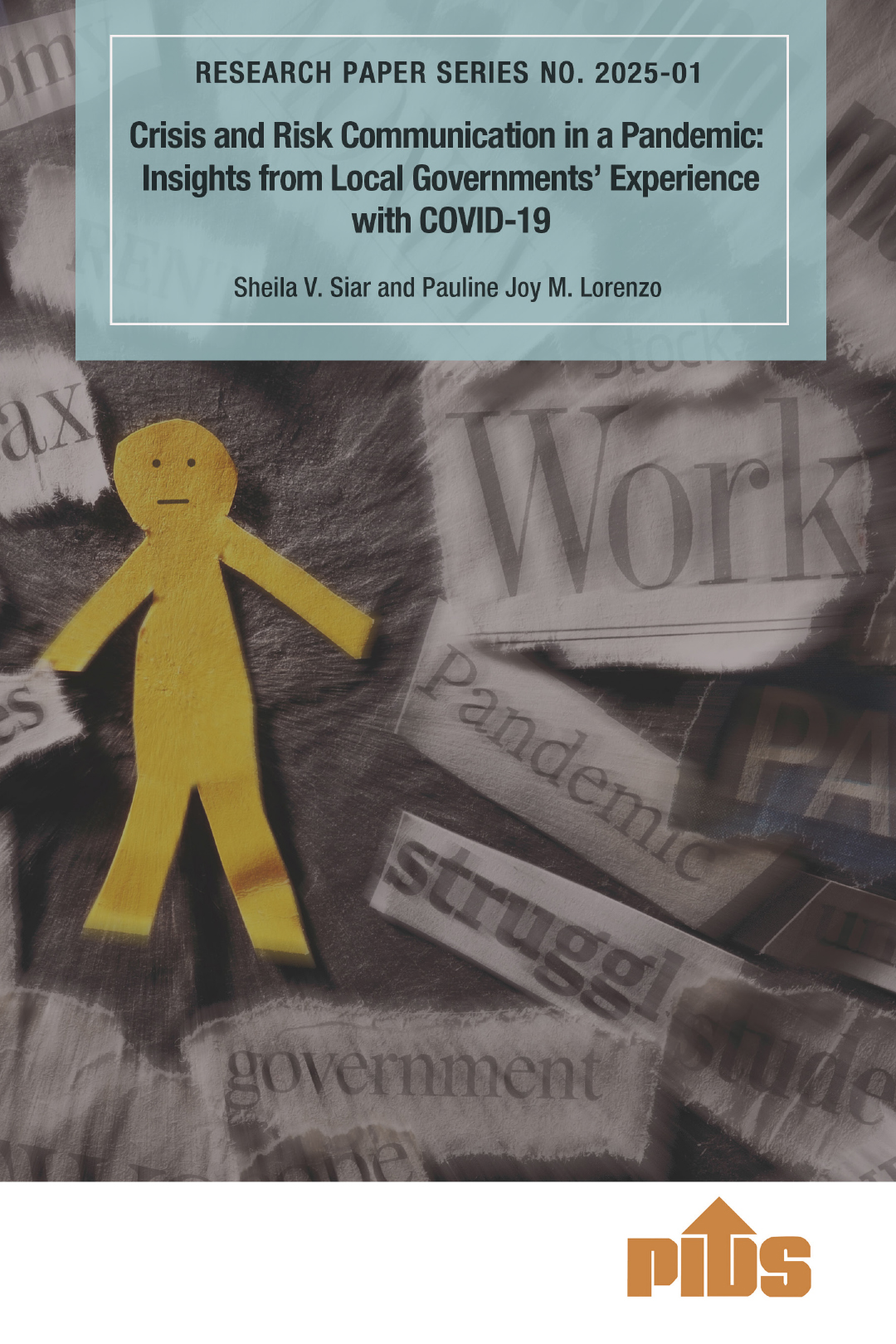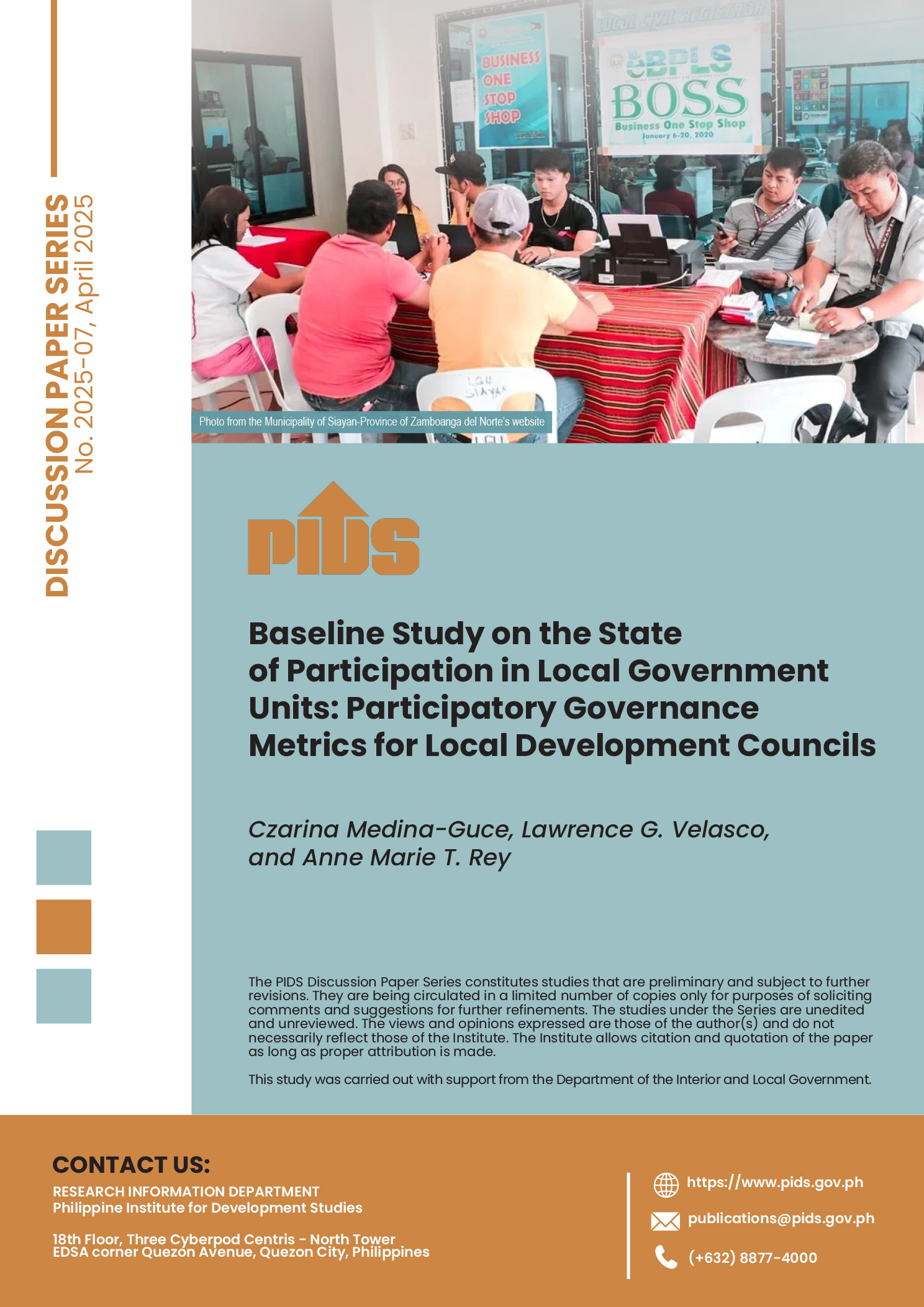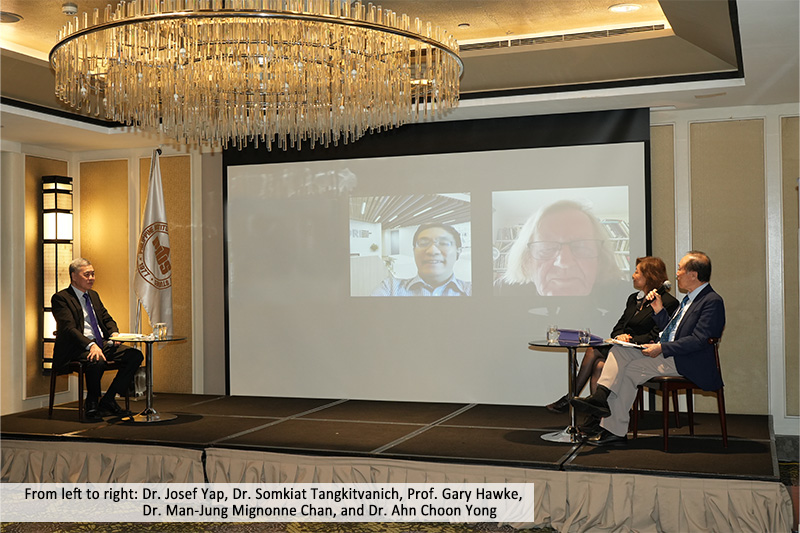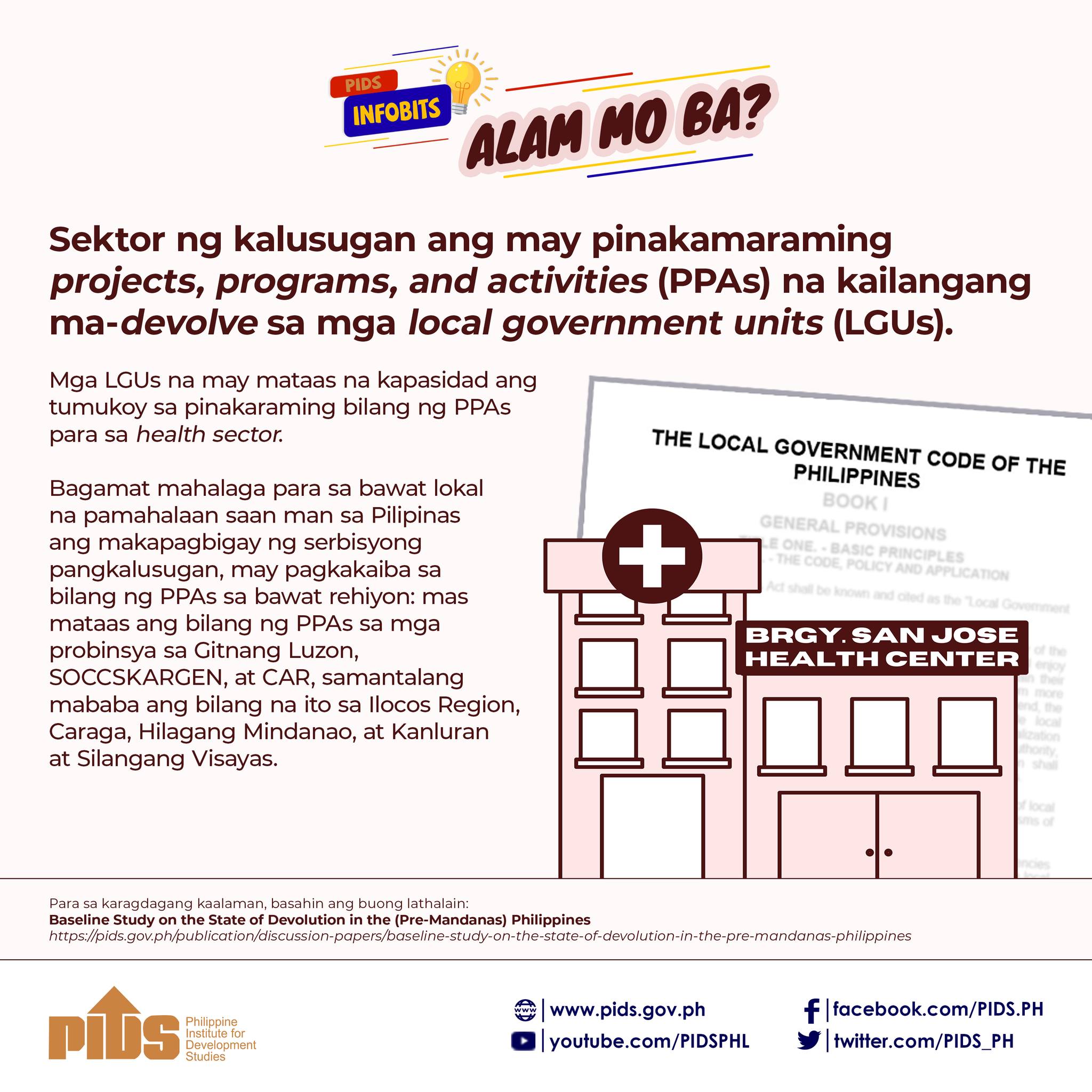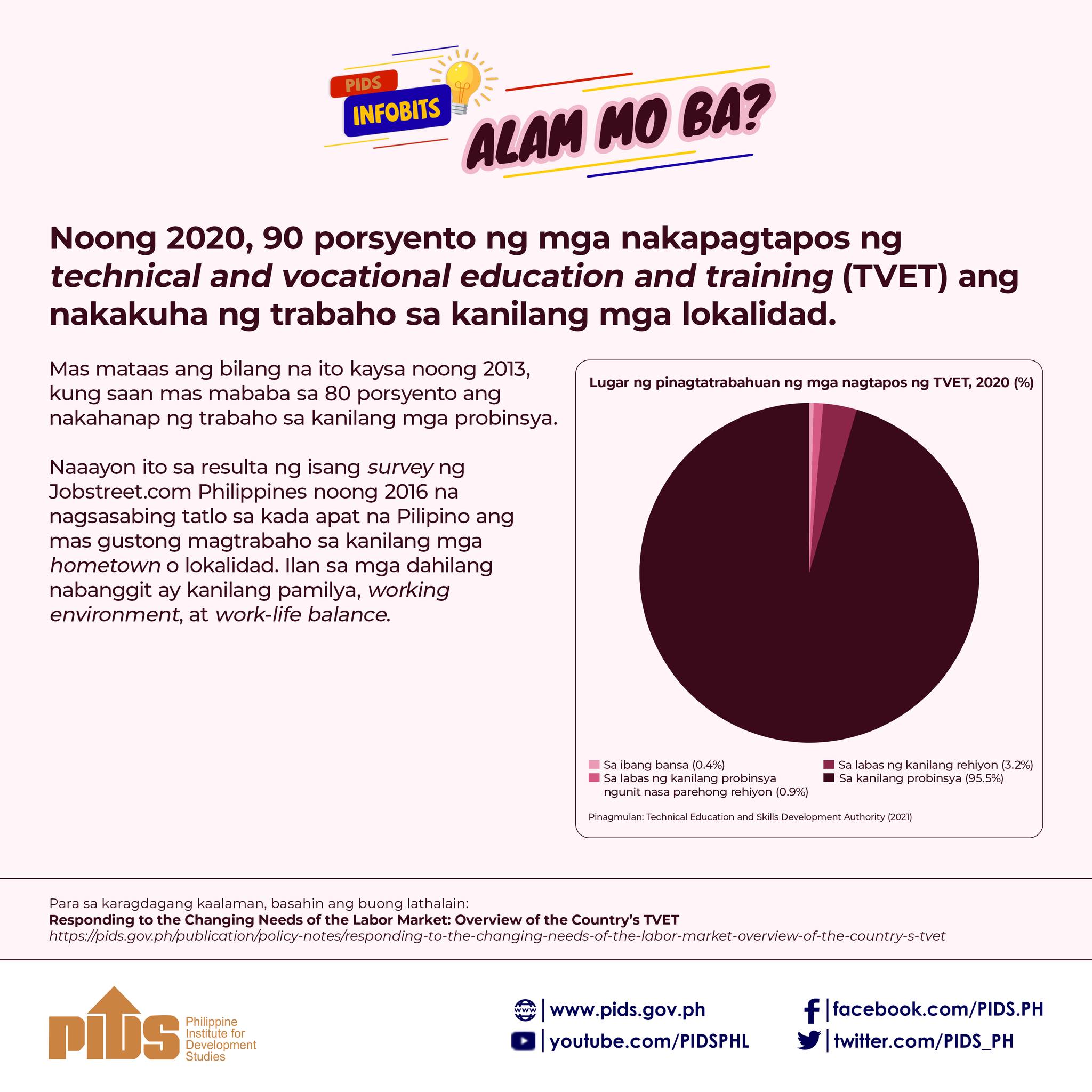THE government is encouraging manufacturers and allied industries to take full advantage of the benefits available from the economic integration of Asean member states under the Asean Economic Community (AEC) and the various free trade agreements (FTAs) that the Philippines has with its trading partners.
“Local industries have not fully maximized the benefits of the available FTAs,” said Rafaelita Aldaba, senior research fellow and acting vice president of the Philippine Institute for Development Studies.
Abdaba was speaking at the 17th Edition of the Trade and Industry Development (TID) Updates, a multi-sector conference regularly organized by the Philippine Board of Investments (BOI) held last August 22 during which the results of a survey on FTA utilization commissioned by the BOI were presented.
The survey showed a 44 percent awareness level about FTAs with limited knowledge of the detailed impact of the AEC on business.
The survey also indicated that based on various studies conducted in the past, the FTA utilization rate was at a low of 11.8 percent in 2008, lower than the 15 percent rate registered from 2006 to 2007.
The utilization rate increased to 20 percent in 2010 and 30.8 percent in 2014, but Aldaba said the country’s businesses and industries should have been utilizing more.
According to the survey, Asean Trade in Goods Agreement is the most frequently used FTA, followed by Asean’s FTAs with China and Japan.
Findings of the survey showed that out of the 939 firms asked, only 207 or 22 percent are FTA users with the lack of knowledge on how to use the FTAs, difficulties in complying with rules of origin (ROO) requirements and high administrative costs as the top reasons for the low utilization rate.
Large enterprises have a higher utilization at 39 percent while among small and medium enterprises (SMEs), only 16 percent are FTA users.
The study also said showed that some businesses, especially those located in special economic zones, are less inclined to use FTAs since they already enjoy duty- and tax-free importation of raw materials, supplies, capital equipment, and spare parts.
“Local industries have not fully maximized the benefits of the available FTAs,” said Rafaelita Aldaba, senior research fellow and acting vice president of the Philippine Institute for Development Studies.
Abdaba was speaking at the 17th Edition of the Trade and Industry Development (TID) Updates, a multi-sector conference regularly organized by the Philippine Board of Investments (BOI) held last August 22 during which the results of a survey on FTA utilization commissioned by the BOI were presented.
The survey showed a 44 percent awareness level about FTAs with limited knowledge of the detailed impact of the AEC on business.
The survey also indicated that based on various studies conducted in the past, the FTA utilization rate was at a low of 11.8 percent in 2008, lower than the 15 percent rate registered from 2006 to 2007.
The utilization rate increased to 20 percent in 2010 and 30.8 percent in 2014, but Aldaba said the country’s businesses and industries should have been utilizing more.
According to the survey, Asean Trade in Goods Agreement is the most frequently used FTA, followed by Asean’s FTAs with China and Japan.
Findings of the survey showed that out of the 939 firms asked, only 207 or 22 percent are FTA users with the lack of knowledge on how to use the FTAs, difficulties in complying with rules of origin (ROO) requirements and high administrative costs as the top reasons for the low utilization rate.
Large enterprises have a higher utilization at 39 percent while among small and medium enterprises (SMEs), only 16 percent are FTA users.
The study also said showed that some businesses, especially those located in special economic zones, are less inclined to use FTAs since they already enjoy duty- and tax-free importation of raw materials, supplies, capital equipment, and spare parts.

